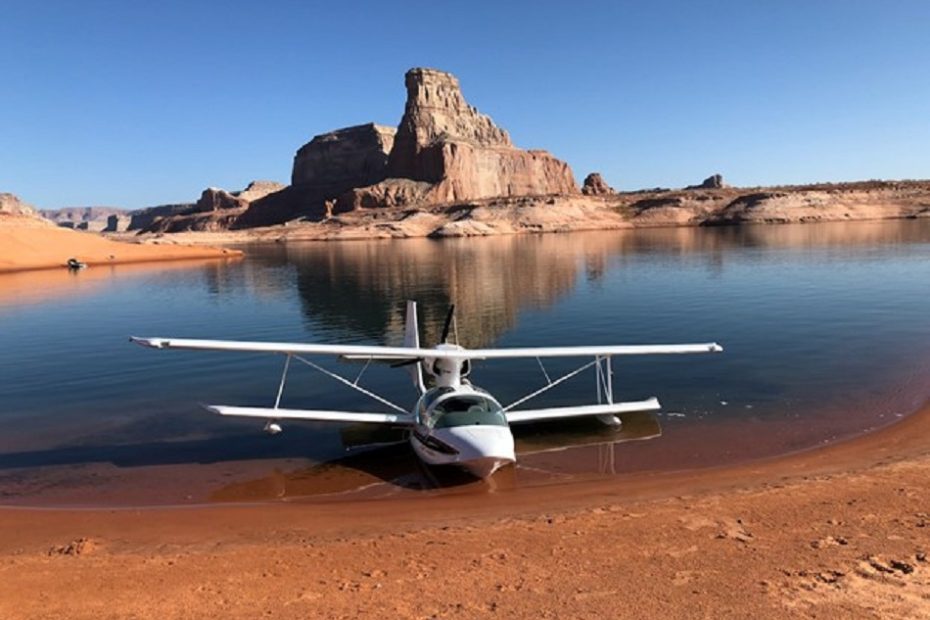Ask a hundred different pilots what is the perfect airplane and you’ll get two hundred different answers. Not what’s your favorite airplane (the P51 Mustang will win that one), rather the perfect airplane. Is there such a thing? So, what is a pilot perspective of the perfect airplane ?
Most certainly, for those who can define their use of an aircraft and narrow down the choices to the one that serves their mission the best. But that’s gotta include lots of factors, like, cost, availability, maintenance issues, insurance costs, payload, range, speed, comfort, field requirements and capabilities, and maybe another two dozen questions looking for answers.
Obviously, if you’re flying celebs around the world, there are several great choices in long-range luxury jets. And if your mission is delivering hunters and supplies to camps in Alaska, there are a select few obvious choices there. But what if you’re like most of us in general aviation who use our aircraft for personal transportation and enjoyment? Now the field is wide open, and we need to apply some filters to come up with what comes closest to the perfect airplane.
For those of us who have successfully landed and taken off from the water, it can’t be perfect unless it can do both of those things (any airplane can land on the water). So, to start with, it’s gotta be a waterbird of some sort, preferably one that can also land on the hard stuff for fuel, maintenance and hangar space. That means either amphib floats or hull. Floats tend to be easier to load and operate around docks.
So, going back to flying hunters to a distant lake or river, something like a Beaver or a Cessna 185 jumps up to the top of the list. Plus, there are very few load-carrying amphibs out there, and most of them are 70 years or so old. Now, are you operating out of fresh or salt water ?
Aluminum hates salt water. You can equip your Cessna with composite floats, though most of the market is floating on aluminum, but you’re still subjecting your aluminum and steel aircraft, and your prop, to the abuses of corrosion. If you’re like me, and the Keys and Bahamas (or any coast) are a favorite destinations, the less metal and the more composite structure you can fly, the better off you’ll be. Now, are you flying the whole family or just one or two of you ?
If you can answer that age-old question of “just enough airplane” for your usual mission, you’re ahead of the game. No one wants to be hauling around four or more empty seats with the price of fuel these days! And, speaking of price, what’s your budget? Because you’ve not only got to buy the aircraft, but you’ve got to feed , insure and maintain it.
A few short years ago the options were more limited, before Light Sport Aircraft came around. Now, for under $200g, you can combine composite construction, amazing fuel efficiency, reasonable payload, long range and comfort, amphibious capability, substantial fun and high cool factor in a brand new aircraft. The choice now is simpler…the aircraft that meet these criteria can be counted on one hand of a blind carpenter, and range from about $160g to $280g.
At $197K, the Super Petrel LSA is as close to the perfect airplane for those of us who fly just because we love to fly, as it gets.
Built in Brazil to exacting standards, worldwide sales are closing in on 400 units, with 43 in the United States alone. The U.S. headquarters and service center is located at Ormond Beach, Florida (KOMN) where the aircraft arrive by ship, two per container, and are reassembled, inspected and FAA certified before flight testing and delivery. Like the vast majority of LSAs, the Super Petrel LSA is powered by a Rotax 912 iS (fuel injected). Or the 914 UL (turbocharged) version and operates on either unleaded automobile fuel (MOGAS) or 100LL aviation fuel (AVGAS).
Fun, fast, versatile, safe, comfortable, economical and with a cool factor off the charts, the Super Petrel LSA is about the closest to the perfect airplane you’ll ever find. How about this for a destination ?

